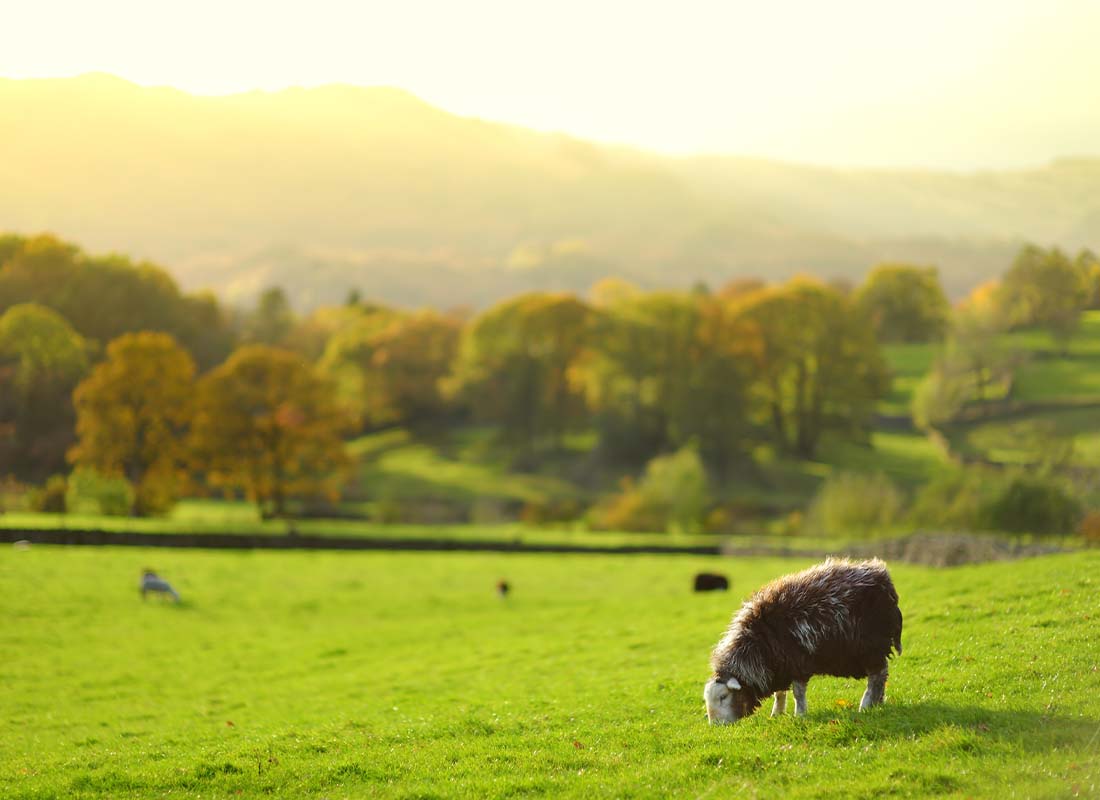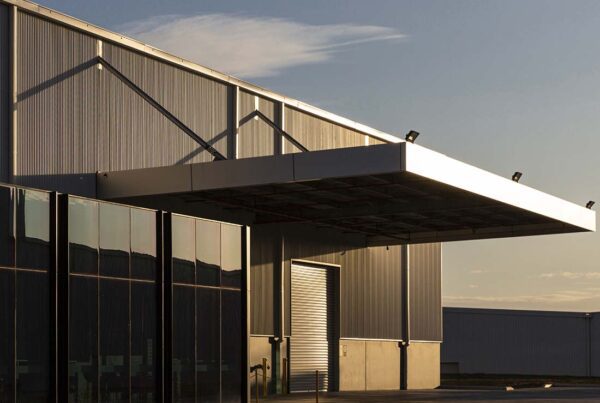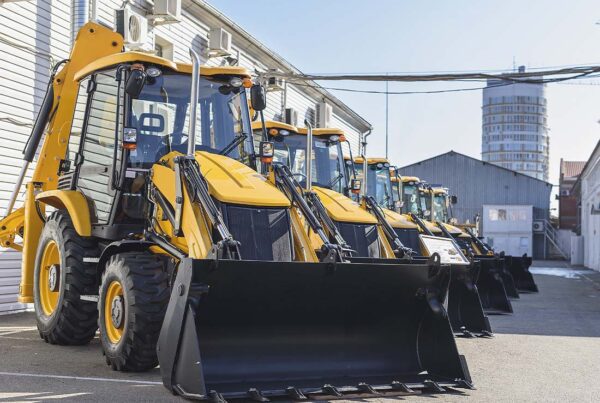
Every farmer starts their planting season planning—and hoping—for the best. But in some unfortunate situations, disaster strikes and ruins much of the crop, if not the whole yield. Tornados, floods and fires are just a few examples of what can go wrong. But with the right insurance policies in place, the financial damages don’t have to leave you empty-handed.
Agribusiness insurance policies for farm and fire can include liability, property, equipment, livestock, orchards and cash crops, among other unique farm-specific needs. Here’s a closer look at what you can do to get the right coverage to protect yourself and your family from a farm fire and other farming disasters.
Common Natural Disasters Impacting Farms
According to the United Nations Food and Agriculture Organization (FAO), disasters happen three times more often today than in the 1970s and 1980s. Around the world agriculture businesses pay for 63 percent of the cost of these large-scale events. A U.N. report cites extreme weather, climate change, insects and wildlife, fire and flood as some of the most common disasters to impact farms worldwide.
Kaitlyn Lyders and her husband Logan own a farm in Chester, Montana. Logan Lyders works on the farm full-time, which his family bought in 1985. The couple now owns and manages the farm themselves.
“We raise conventional and organic lentils, organic and conventional winter wheat, spring wheat, organic flax, and organic mustard,” Kaitlyn Lyders said.
Knowing the risks of losses due to climate and other disasters, the Lyders farm is well covered for a range of potential claims.
“The policies we have are for multi-peril crop insurance to cover the loss of crop so that you can pay your input costs and bills in case of a catastrophe,” she said. They also have state hail insurance, private hail insurance, fire insurance, revenue protection and yield protection coverage.
When disasters occur they can cause the contamination of water bodies used for animals or crop watering, loss of harvest or livestock, susceptibility to disease and destruction of irrigation systems and agricultural infrastructure, according to the Environmental Protection Agency.
While some farms may only lose a single crop and can replant the following year, certain agricultural operations require years for trees, plants or livestock to mature and begin generating revenue. Without proper insurance, a single event could be enough to bankrupt otherwise prosperous farming or ranching operations.
The Cost of Farm-Related Claims
The Risk Management Agency (RMA) at the USDA paid out more than $7 billion in claims covering more than 45 million acres of farmland for the 2021 crop year, with more than $5 billion going to drought-related claims. Recognizing the seriousness of risk for farmers, the RMA added rules making it easier for farmers to get coverage and maintain farm insurance from reputable insurance companies.
The nonprofit Environmental Working Group found that farmers received more than $143.5 billion in federal crop insurance payments from 1995 through 2020. The top claim payouts were related to drought, excess precipitation, hail and price decline.
Kaitlyn Lyders is most worried about losses due to drought or hail. She said that she and her husband have filed claims in the past, offering significant value in return for their regularly scheduled premiums.
“Potential losses that we worry about are lower than normal crop production,” she said, “or no crop production due to drought or another disaster, hail, fire, disease, pest or loss of revenue due to the commodity prices dropping.”
Most Important Insurance for Farm Businesses
According to National Crop Insurance Services, a crop insurance industry organization, its members had more than 1.1 million farm insurance policies covering more than 460 million acres of agriculture in the United States. Farm and ranch insurance is critical in protecting your finances when you own any agricultural business.
These are among the most important categories you’re able to insure:
- Farm machinery and equipment: Covers tractors, combines, planters, pickers and other equipment and machinery.
- Livestock: Covers cattle, poultry, and other livestock for death, disease, injury, loss or theft.
- Farm products: Covers seed, grain, feed and similar products while in storage (note that this doesn’t include planted crops).
- Liability coverage: Liability insurance protects you and your business from lawsuits and covers the costs of injury, property damage or other losses where covered.
- Commercial insurance policy: Commercial insurance protects your planted crops and crop sales.
- Workers compensation: If you have any employees, workers’ compensation insurance is often required by state law and covers employee injuries on the job.
All farm insurance plans require liability coverage due to the high risks of injury, property damage and lawsuits in the agricultural industry. It’s worth noting that most farm and ranch insurance doesn’t include coverage for fencing by default. Work with your insurer to understand what’s covered and what isn’t under your policy so you can identify any gaps or shortfalls. You can get fencing insurance, for example, but you may have to get this coverage as a rider, a feature adding additional coverage to an existing insurance policy.
If you have any questions or doubts about what coverage you need, consider working with a trusted insurance expert or agent who can guide you through the process and help you ensure you’re not underinsured for any potential disaster.
Taking The Steps to Financially Protect Your Farm
Farm insurance isn’t automatic, but it is necessary to protect your financial interests when farming or ranching. Brand-new farmers and veterans alike are at risk of losses due to a storm, surprise fire or other unexpected weather or natural event. But you can rest easy when you’re covered by a stable, experienced insurer standing by to help in a worst-case scenario.
When asked what advice she would offer new farm and ranch owners regarding insurance, Kaitlyn Lyders had a clear answer.
“Just do it. No matter if you think you will ever need it, always be prepared for the worst,” she said. “Shop around for policies and never cut corners. It can make or break your business if you aren’t covered and something awful happens.”




